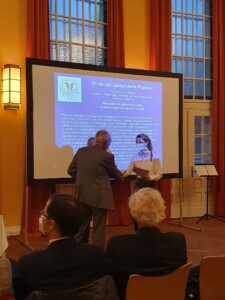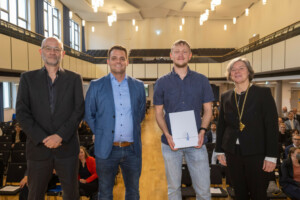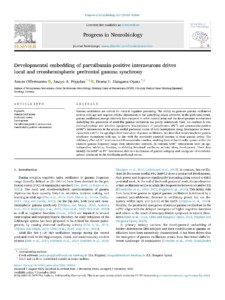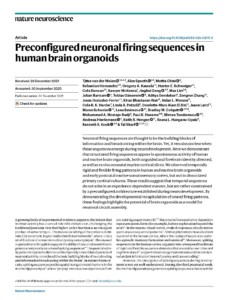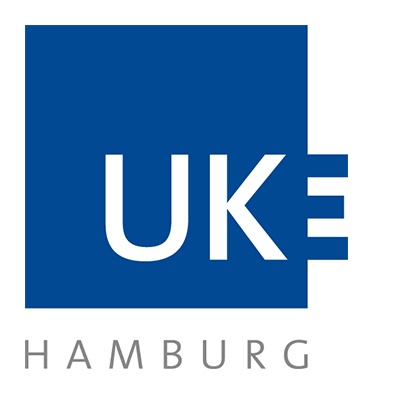Research Unit 5159
Our environment is constantly changing. Successful survival under these conditions implies that our behavior has to be flexible as well. We experience different places and contexts, have to conduct different tasks in a rapid sequence and need to constantly develop and re-arrange acting strategies. These abilities are not inherited, but develop with age and their regression forms the core of several pathologies. It is commonly held that in mammalian species the prefrontal cortex is the hub brain area accounting for the flexibility of minds (i.e. cognitive flexibility).
The Research Unit 5159 has been launched in January 2022. Our mission is to decipher the dynamic principles of prefrontal processing underlying cognitive flexibility.


